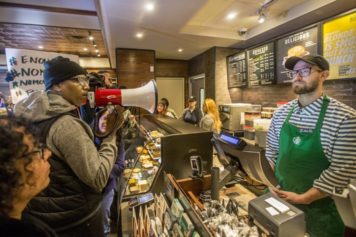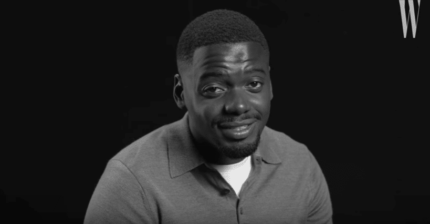
While media coverage of the school’s poll of 153,015 students who were entering college in September seemed to celebrate the fact that the number of students who think racism is no longer a problem has reached its highest point in the 25-year history of the poll, the real question should be how so many students could be living in the U.S. and come away with that conclusion.
Since 66 percent of the students in the poll were white (11 percent were Black), it seems more than anything to indicate that white parents, families and schools are not having truthful conversations with their children about the racial climate that swirls around them in this country. In a year that was marked by angry crowds swarming through the streets in cities across the nation, not just once or a few times but consistently over months, how could a full 24.7 percent of the 18-year-olds polled actually believe racism was no longer among us?
When UCLA first posed that question to incoming students in 1990, the number who said racism was a thing of the past was 18 percent.
Kevin Eagan, director of UCLA’s Cooperative Institutional Research Program, which released the poll, told the Huffington Post that the reason the number who think racial discrimination is no longer an issue has increased only slightly in 25 years is because more non-white students are participating in the poll.
“Each year, you have more students who may have been subject to discrimination in their lives,” Eagan explained. “That may play out in how they view this particular issue.”
But here’s an alternative explanation: Perhaps the reason why the number has increased only slightly is because racism is decidedly not a thing of the past and 75 percent of the incoming freshmen have the good sense to know that. The actual racial makeup of the polling sample should be irrelevant to the answering of that question if the nation were doing an adequate job of schooling teenagers in current events.
Ironically students have a very high opinion of their own level of tolerance, with almost nine in 10 saying they are more tolerant than most. In addition, two-thirds said there’s a “very good chance” they’ll socialize with friends from different racial backgrounds.
But yet, in the midst of their so-called tolerance and willingness to engage with those who are others, a full one-fourth of them are unable to see the continued existence of racism around them.
Jaleesa Jones, a senior at the University of North Carolina, told the Huffington Post that she’s surprised so many students think racial discrimination isn’t a problem.
“I think that stance is willfully ignorant,” she said. “We’ve watched black life be devalued on a national scale this past year—not only through police brutality, which has always been an issue but is just now becoming highly visible, but through the subsequent vilification of the victims, mostly men and women of color.”


